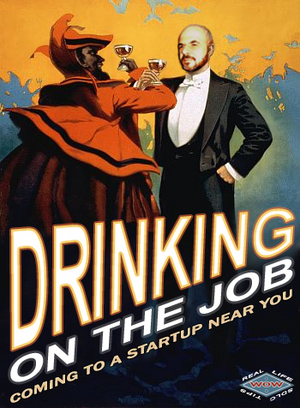BAR MANAGEMENT
by Bob Johnson
Part 2
When you, Mr. Owner, hired a bartender or manager, did you include the consumption of beverage alcohol as part of the job? Of course you didn’t. So why would you allow it? If a bartender or manager chooses to consume a bever age alcohol product for their personal consumption while working, they’re stealing from you! It’s grounds for immediate termination. It’s no different than working at Wal-Mart and helping yourself to a few DVDs or a pack of gum and not paying for it. It’s called “shoplifting” and people go to jail for stealing company property. I have too many bartender friends who got into the habit of having a couple of drinks while working. The customer buys the bartender a drink, and the bartender gladly accepts. Now the bartender is up to “quite a few” every day. Then the bar tender nds himself “having to have a few” on their days off. Then they have to have several drinks a day just to “balance out.”
This is called addiction. It’s called alcoholism, and they’ve got a problem they’re going to have to battle the rest of their life. As the owner or general manager, are you encouraging these people to have drinks at work? If so, you may be the one responsible for this person’s alcoholism.Alcohol is for the customer to consume, not the bartender or other staff members. Bartenders simply prepare it and serve it—that’s it! Why can’t bartenders or servers simply accept a non-alcoholic beverage, like a Red Bull, Frappuccino, cup of coffee, bottle of water, Coke, etc.? Why does it have to be a drink containing beverage alcohol? Police don’t drink alcohol while working, bankers don’t drink alcohol while working, retail clerks don’t drink alcohol while working, emergency room personnel don’t drink alcohol while working, sports teams don’t drink alcoholwhile working, so why do bartenders and managers feel they’re entitled to consumealcohol while they’re working? It’s stupid, it’s unprofessional, it’s self-serving and in many states, it’s illegal (and it should be illegal in all states).



